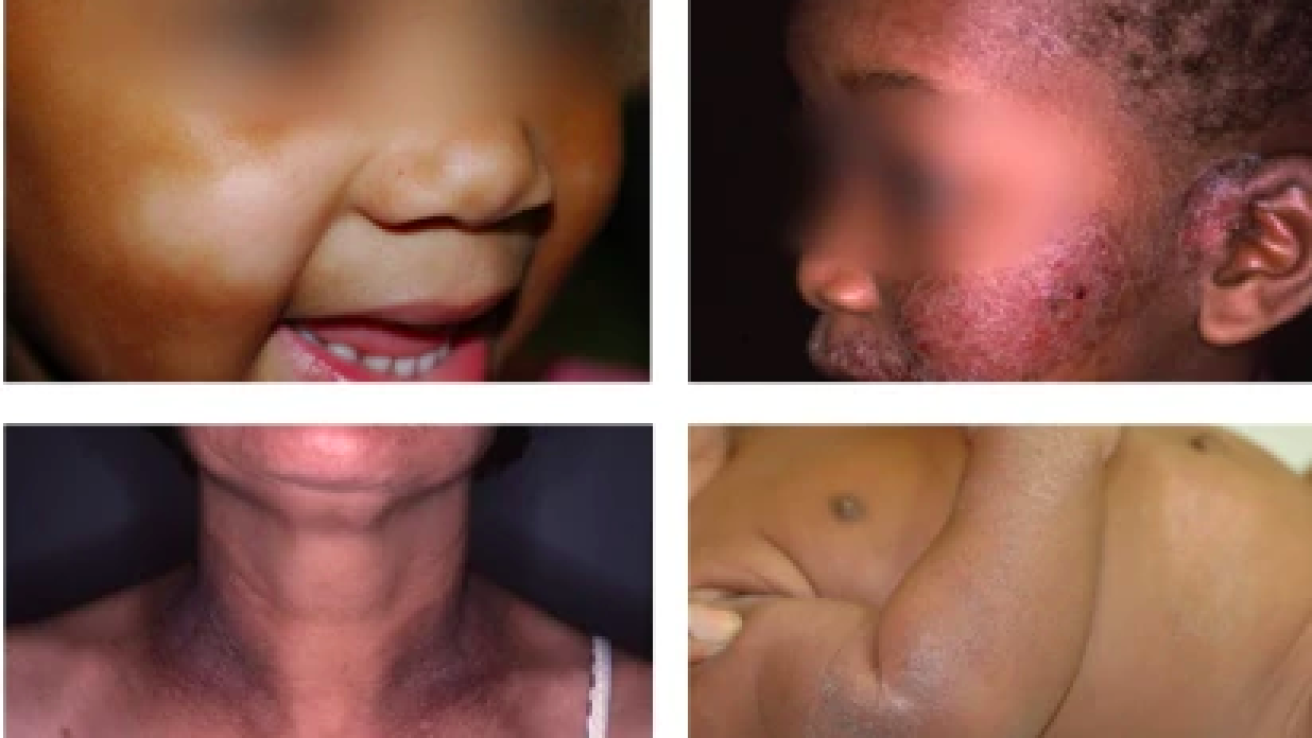Eczema sufferers, also known as atopic dermatitis, can attest to how difficult is to identify a suitable treatment plan. This is especially troubling because symptoms include severe itching, scaly rashes, extremely dry skin and inflammation. This battle can be even more trying for Black people with the condition.
A recent study published in Annals of Allergy, Asthma and Immunology, the scientific journal of the American College of Allergy, Asthma and Immunology, points to specific barriers that prevent Black people from receiving proper and targeted treatments, and ofter require higher doses of some medications to alleviate painful symptoms.
“Research shows about 19 percent of African Americans and 16 percent of European Americans are diagnosed with AD,” said Emma Guttman-Yassky, MD, PhD, lead author of the study. “Our study found there are significant differences in the skin of people with AD than in those without the condition. Furthermore, we found African Americans with AD have more inflammation than European Americans with the condition.”
A technique known as molecular profiling is being used to develop newer, more effective skin treatments for people with AD. So far though, the technique has only been designed for white patients. “This study looked for differences in the molecular profile of the skin of African Americans with AD compared to the skin of European Americans with AD to determine if there are differences that might improve treatment options for African Americans,” said Dr. Guttman-Yassky in the paper. “The results indicated that the immune profile was more unbalanced in African Americans with AD compared to European Americans.”
This study is the first of its kind, as it specifically takes a closer look at the molecular differences in Black AD patients’ skin than their white counterparts. Findings could explain variances in the severity of their condition and how they will likely respond to similar treatments.
“This may prove to be a valuable enhancement for treatment options for African Americans with AD,” says allergist Donald Leung, MD, PhD, executive editor of Annals of Allergy, Asthma and Immunology. “It will also reinforce the importance of racial diversity in clinical research studies for an effective treatment for AD,” he continued to explain in the paper.
For more information and real-time updates on the findings, please visit https://nationaleczema.org/










